Born in a lotus growing area, seeing that people can only generate additional income from local agricultural products, Ms. Pham Thi Bich Thuy in Dong Hoa ward wants to change this. With a small initial capital of 30 million VND (of which 20 million VND is borrowed from the bank), Ms. Thuy opened a small workshop with 10 sisters to receive fresh lotus flowers to separate the seeds, take lotus hearts and then sell them in small retail at local markets or to acquaintances in Ho Chi Minh City.
The COVID-19 pandemic broke out, thanks to her existing connections, Ms. Thuy was still able to sell lotus but at a slower pace, which affected the quality of the finished product. “If it continued like this, it would not be able to survive for long, so I decided to invest properly in production. In 2024, I decided to establish the Dong Hoa Lotus Agricultural Cooperative for General Service Business with the aim of developing production and modernizing agricultural economy with my sisters,” Ms. Thuy shared.
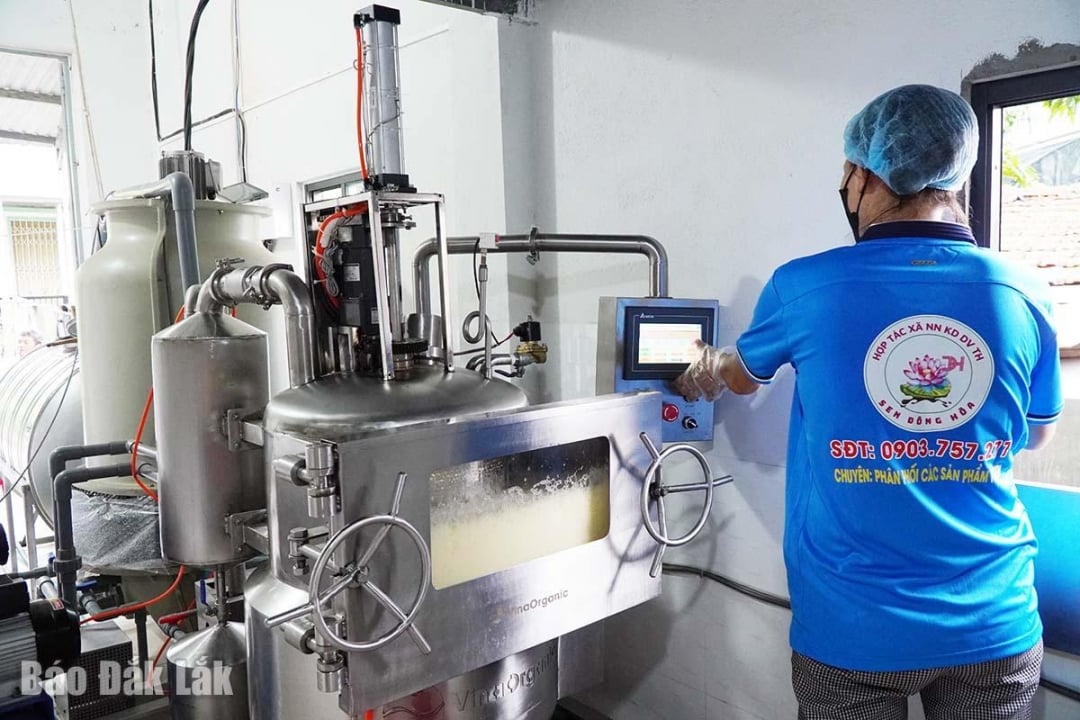 |
| Workers of Dong Hoa Lotus Agricultural Service Cooperative operate a lotus seed dryer. |
For Ms. Huynh Ngoc Chau in Phu Hoa 2 commune, the COVID-19 pandemic is also a memorable milestone, completely changing the mindset of her and her family. From being passive in regulating production, she proactively manages all stages. Ms. Chau said: “Before the pandemic, my family lived in Ho Chi Minh City, supplying vegetables from Phu Yen (old) to the city. When the pandemic came, the supply chain was interrupted, even family meals had to wait for each vegetable and kilo of meat. Seeing that this was not good, after the pandemic, my husband and I decided to move the whole family to Phu Hoa 2 commune to open Minh Truc farm. Directly at the production site, I can manage product input, packaging and transportation processes. For the distribution of goods in Ho Chi Minh City, I can manage with digital software. This new way of doing things helps my family earn an income of 500 million VND to 1 billion VND per year, creating jobs for 30-35 workers with a salary of 5-8 million VND/person/month.”
"The restructuring process of the agricultural sector in recent times has fundamentally created changes in production thinking. In particular, many individual households and cooperatives apply scientific and technological advances to production, invest in processing, build brands and form closed ecosystems. The stability of these agricultural production models will create jobs and improve income for rural workers. Mr. Nguyen Duc Thang , Head of Dak Lak Rural Development Department |
Not following the old way, Ms. Huynh Ngoc Chau developed the farm according to the organic agricultural production model, that is, cultivating in a natural way, using organic fertilizers and rotating crops according to the characteristics of crops and livestock. At the same time, she proactively manages output by building a separate ecosystem from production, processing to transportation and consumption. On an area of 2 hectares, Minh Truc farm has 60 types of vegetables, and has a factory to produce sugars including brown sugar, rock sugar, and molasses.
“To create organic fertilizer, I use molasses as food for microorganisms, then compost it with cow dung and rice husks according to the ratio and time. I also learn the traditional crop rotation method to ensure that the soil always has time to rest, recover, and ensure nutrients for the plants; implementing “strange soil potatoes, familiar soil seedlings” to help the plants develop their natural characteristics to the best. Every year, the farm's products are tested at SGS Switzerland, Ho Chi Minh City branch to ensure there are no pesticide residues before being released to the market. The transportation process is also scheduled: 4 am to pick vegetables and fruits in the field according to orders; 6 am to transport to the transit warehouse in Tuy An Bac and pack them, then bring them to Ho Chi Minh City. Here, the staff quickly receives and disperses to deliver the goods everywhere. This ensures that the products reach customers within the day,” Ms. Chau shared.
Ms. Pham Thi Bich Thuy invested 700 million VND to purchase dryers, packaging machines, stamping machines, freezers... to modernize the production line. At the same time, build products according to OCOP standards. Currently, 6 lotus products have received 3-star OCOP certification at the provincial level, including lotus heart tea, lotus seed powder, fresh lotus seeds, dried lotus seeds, lotus tea, lotus leaf tea. 2 products, lotus root tea and crispy dried lotus seeds, are also being completed by Dong Hoa Sen Agricultural Cooperative for OCOP product registration in the next phase.
“To boost product consumption, the cooperative participates in trade promotion fairs, puts products on e-commerce platforms such as https://phuyentrade.gov.vn, ECOFARM-Pay... We also have our own website sendonghoa.com to introduce the land, people and product making process. Not only selling in supermarkets, every year the cooperative makes 2 orders with partners in India and Malaysia. Of which, the unit supplies 2 tons of dried lotus every Mid-Autumn Festival...”, Ms. Thuy added.
Source: https://baodaklak.vn/xa-hoi/202508/mo-rong-san-xuat-tao-viec-lam-cho-lao-dong-dia-phuong-6de0e9e/



![[Photo] Keep your warehouse safe in all situations](https://vphoto.vietnam.vn/thumb/1200x675/vietnam/resource/IMAGE/2025/10/1/3eb4eceafe68497989865e7faa4e4d0e)
![[Photo] President of the Cuban National Assembly visits President Ho Chi Minh's Mausoleum](https://vphoto.vietnam.vn/thumb/1200x675/vietnam/resource/IMAGE/2025/10/1/39f1142310fc4dae9e3de4fcc9ac2ed0)
![[Photo] Hanoi morning of October 1: Prolonged flooding, people wade to work](https://vphoto.vietnam.vn/thumb/1200x675/vietnam/resource/IMAGE/2025/10/1/189be28938e3493fa26b2938efa2059e)




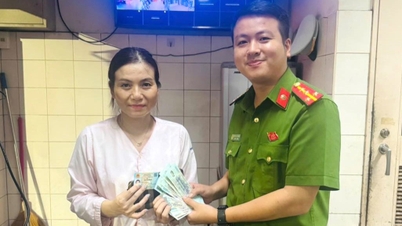





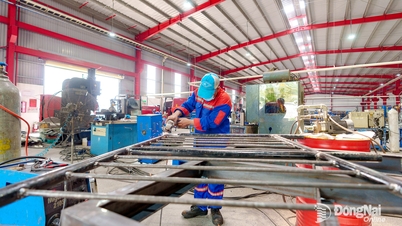
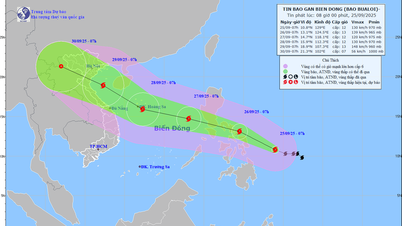





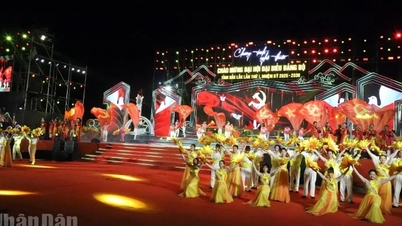









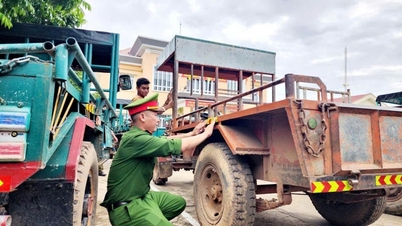
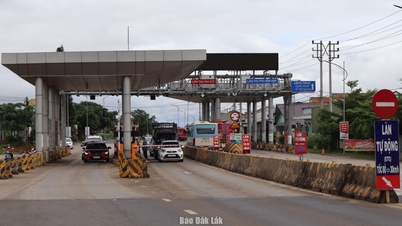
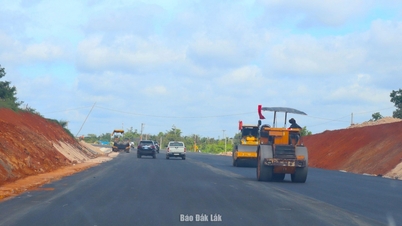

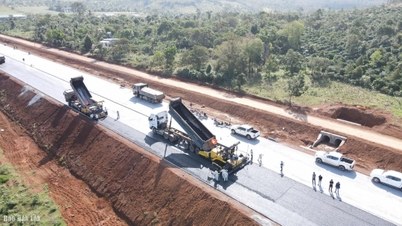
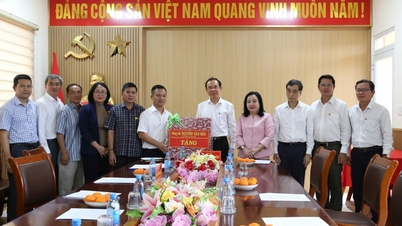



























































Comment (0)